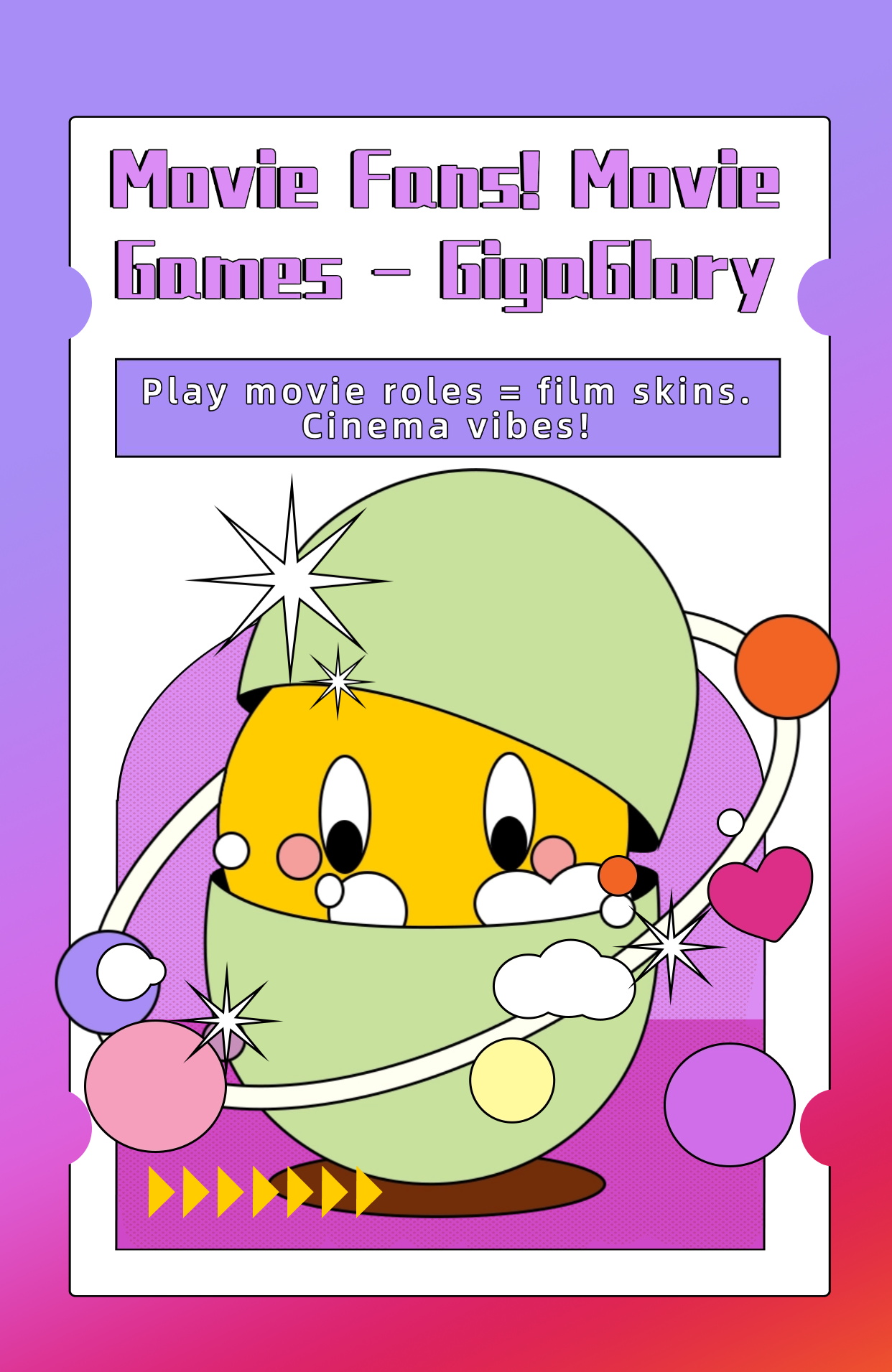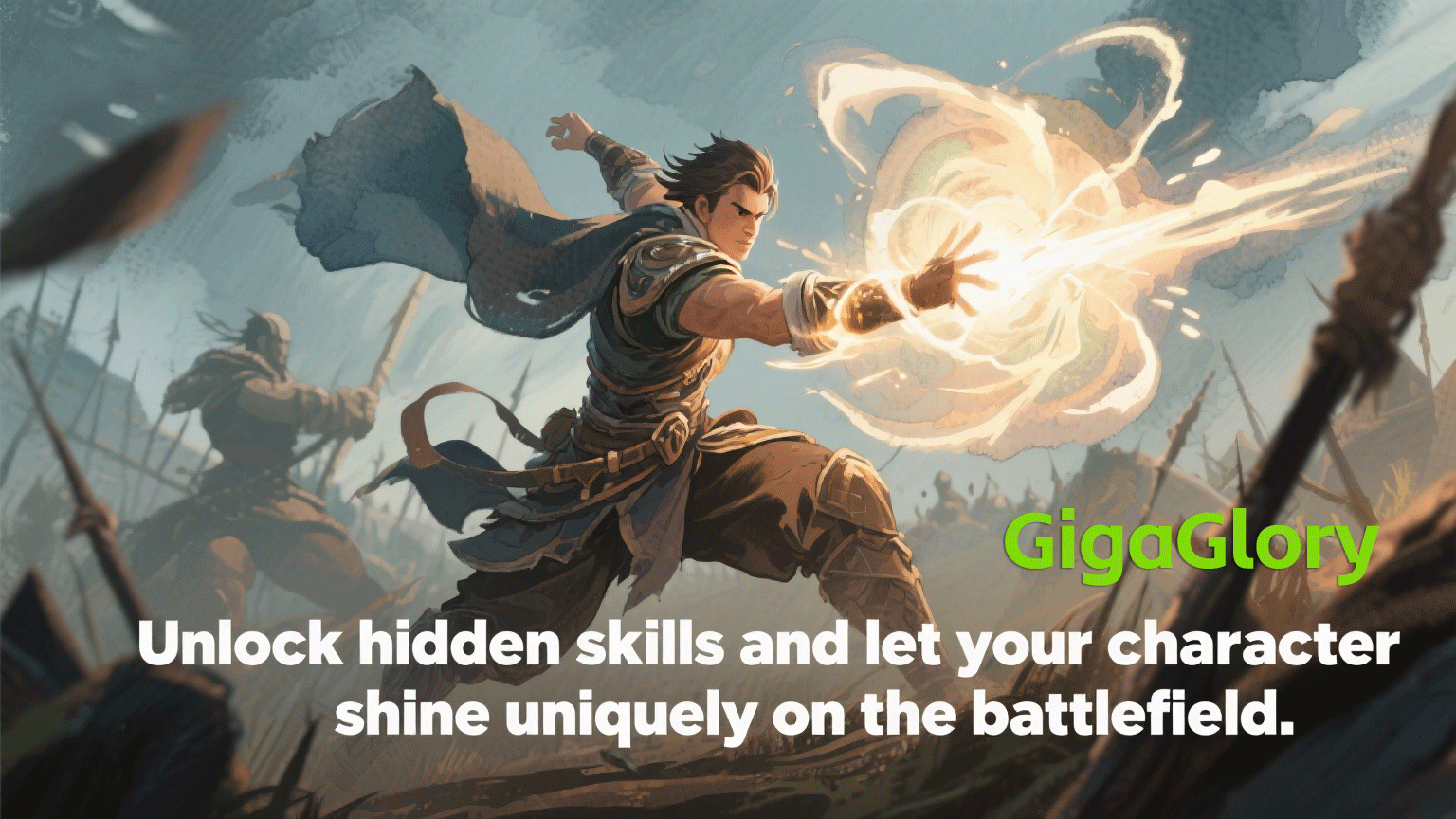Why RPG Games Are the Future of Educational Games: Engaging Learning Experiences for All Ages
The Allure of RPGs: A New Frontier for Learning
Video games have long been associated with entertainment, but the advent of role-playing games (RPGs) has opened a new realm of possibilities for education. Imagine a world where learning is not a chore, but an adventure, filled with mystery and discovery. RPG games harness the power of storytelling, choice, and consequence, creating an immersive experience that can captivate minds of all ages. This article delves into why RPGs hold the keys to the future of educational games, presenting an engaging and enriching learning landscape.
Understanding RPGs: What Makes Them Unique?
At their core, RPGs blend narrative with gameplay, allowing players to step into the shoes of characters, embark on quests, and navigate through richly woven stories. They often involve strategic thinking, problem-solving, and collaboration, all essential skills that can be directly translated into educational contexts. The multidimensional experiences offered by these games foster engagement and retention, making them ideal for learning.
Educational Games: A Growing Sector
As the education sector embraces technology, the demand for educational games has increased. These games aim to teach specific skills or concepts, often incorporating elements to make learning fun. The intersection of education and gaming is fertile ground for development, and RPGs are uniquely positioned to lead this charge. They can transform passive acceptance of information into interactive experiences that demand active participation.
Watch the Real Match: The Story Behind the Blank
| RPG Feature | Educational Benefit |
|---|---|
| Storytelling | Engages learners’ emotions and minds. |
| Decision-Making | Enhances critical thinking skills. |
| Character Development | Encourages empathy and understanding. |
| Goal-Oriented Quests | Promotes motivation and achievement. |
Bridging Fantasy and Reality: A Classroom Revolution
Imagine students learning history by embodying figures from the past, or practicing math through trading and inventory management in a fantastical world. This is where fantasy RPG browser games come into play, creating a blend between fantasy and educational goals. These games can turn abstract concepts into tangible experiences, allowing learners to visualize and understand material in a uniquely engaging context.
The Benefits of RPGs in Education
- Active Participation: Players are not just observers; they are part of the narrative.
- Collaborative Learning: Many RPGs involve teamwork, encouraging social skills and communication.
- Adaptive Learning: RPGs often adapt to players’ choices, enhancing individualized learning experiences.
- Cognitive Skills Development: Quests and challenges require strategic thinking and problem-solving.
- Emotional Engagement: Through storytelling, players form connections that enhance retention.
Using RPGs to Teach Core Subjects
RPGs in Mathematics
Through questing and resource management, players effectively practice arithmetic and logic. Special in-game systems can simulate financial decisions, equipping students with practical math skills.
RPGs in Science
Imagine exploring virtual ecosystems or participating in science experiments, where players gather data and analyze results. This hands-on engagement solidifies STEM concepts, making learning memorable.
RPGs in Language Arts
Story creation and character dialogue encourage writing and comprehension skills. Students can create narratives or solve problems through interactive dialogue, learning language arts in a meaningful context.
RPGs in Social Studies
Combat mechanics might represent historical conflicts, while quests can highlight significant events. This immersive involvement cultivates a deeper understanding of societal principles and historical timelines.
Challenges and Considerations
While the benefits of RPGs in education are vast, challenges remain. Not all educators may be familiar with gaming dynamics, and there may be resistance to integrating technology in traditional learning environments. Addressing these concerns requires professional development and a shift in perspective regarding the role of gaming in education.
The Role of Technology in RPG Education
As technology continues to evolve, so too does the potential for RPGs in education. With developments in virtual and augmented reality, the depth of engagement can reach unprecedented levels. Teachers can blend physical learning environments with digital realms, enriching educational experiences.
Don’t Just Play—Learn!
It's crucial to remember that the ultimate goal of integrating RPGs in education is not merely to entertain but to provide **structured learning** experiences. Setting clear educational outcomes amid the gameplay fosters genuine learning, ensuring it is not lost amidst the adventure.
Creating an RPG-Based Curriculum
Crafting a curriculum that leverages RPGs demands creativity and foresight. Educators should focus on aligning game objectives with learning standards. By designing projects and assessments that mirror RPG mechanics, teachers will forge stronger educational connections.
Future Perspectives: The Evolution of RPGs in Education
The landscape of learning is ever-changing, and RPGs stand at the forefront of this transformation. As more educational institutions recognize their potential, the integration of gaming into educational frameworks will become increasingly common. They invite students to explore, create, and engage in their learning journey, fostering a generation of **lifelong learners**.
FAQ: Common Questions About RPGs in Education
Q1: Are RPGs effective for all age groups?
A1: Yes! RPGs can be tailored to suit various ages and educational needs, making them versatile learning tools.
Q2: What are fantasy RPG browser games?
A2: These are online games that allow players to engage in fantasy adventures through web-based platforms.
Q3: How can teachers start using RPGs in their classes?
A3: Educators can begin by researching available RPGs that align with their curriculum and considering pilot projects.
Q4: Do RPGs cater to different learning styles?
A4: Absolutely! RPGs often include visual, auditory, and kinesthetic elements, accommodating diverse learning preferences.
Q5: What is the long-term impact of RPGs on students' education?
A5: RPGs can enhance critical thinking, collaboration, and creativity, preparing students for various challenges in the future.
Conclusion: A New Chapter in Educational Gaming
The world of RPGs symbolizes the evolution of educational tools—one that prioritizes engagement, creativity, and active learning. As we look to the future, integrating RPGs into educational paradigms offers not just a means to educate, but an opportunity to inspire. The adventure is just beginning; let’s embrace it wholeheartedly!



